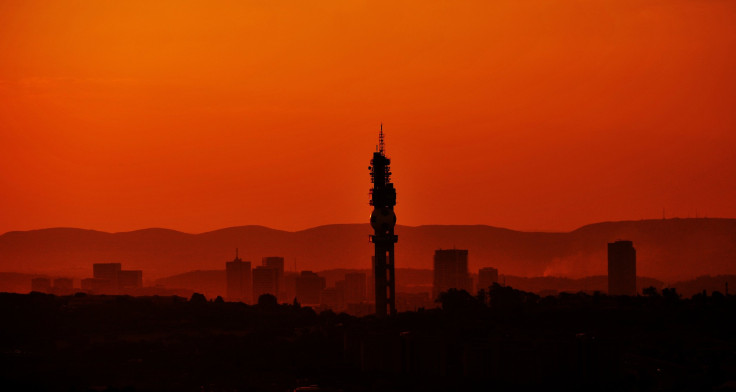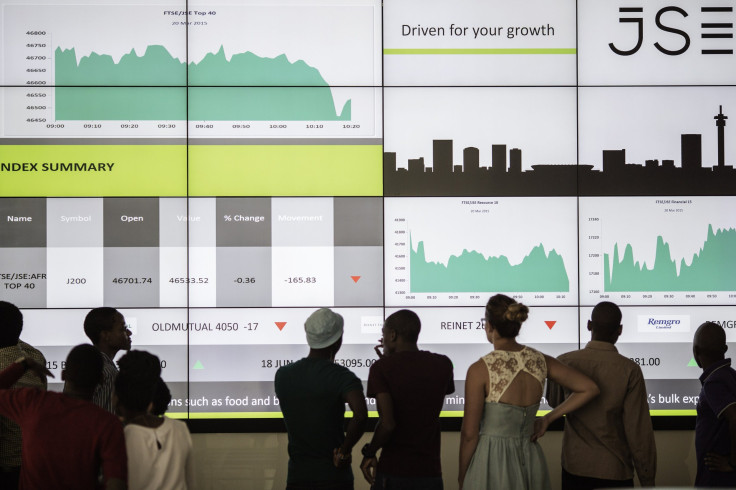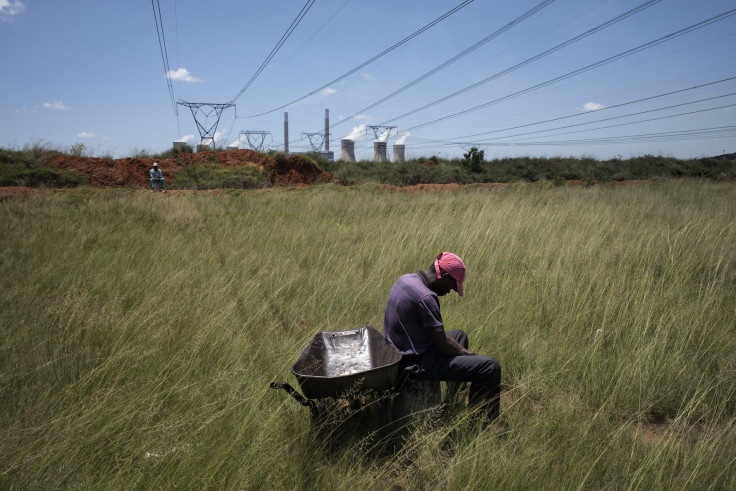South Africa's Economic Crisis Calls For More Than Finance Minister Pravin Gordhan's Reappointment, Analysts Say

Africa’s most developed and second largest economy continues to face an ongoing financial crisis and its reputation as a key investment location is on the line. In the past week alone, South Africa has seen three different finance ministers, a downward trend in its stock market and plummeting currency as a sharp economic slowdown hits China, its top trading partner.
The reappointment of the widely acclaimed and fiscally prudent Pravin Gordhan as finance minister this week has restored some market confidence, but his appointment alone will not spur economic growth, said economic analysts, who insisted that the South African government must now reel in public spending, tackle unemployment and engage private investment in the energy sector as well as other struggling industries.
“Pravin is well respected. He says what he does more or less, and people trust him for it,” said Anna Rosenberg, a practice leader for sub-Saharan Africa at Frontier Strategy Group, a global research and advisory firm that specializes in doing business in emerging markets. “But the economy is in such a dire state. It’s tricky.”
Gordhan is the third finance minister to be appointed within a week -- and it’s his second stint on the job. He served as South Africa’s finance minister from 2009 to 2014, during when he was credited for steering the economy through a recession. Gordhan was appointed Sunday to replace a little-known lawmaker, David van Rooyen, who had held the post only since Thursday. South African President Jacob Zuma selected van Rooyen after firing the previous finance minister, Nhlanhla Nene, who had the job for about 18 months. The cabinet shuffling provoked outrage and market turmoil, sending the rand to record lows and bond yields to the highest in seven years.

Gordhan’s reappointment has already assured investors in the South African treasury’s leadership, but underlying issues remain. Unemployment in South Africa still sits above 25 percent and the country's labor relations are largely regarded as some of the worst in the world. The economy narrowly avoided a recession in the third quarter this year, posting 0.7 percent annualized growth compared to the previous quarter when it shrank 1.3 percent. Gross domestic product is expected to expand 1.4 percent this year according to the central bank, which would be the slowest pace since the 2009 recession. Meanwhile, credit rating agency Fitch downgraded the country to one notch above “junk” status last week.
“While Gordhan is well received and respected, he’s not enough,” said Lesiba Mothata, chief economist at Investment Solutions Ltd., an investment solutions provider in Johannesburg. “We need to use this time of crisis to reform.”
As finance minister, Gordhan must immediately cut government spending and stabilize ballooning public debt, economic analysts said, something that has materialized under Zuma since he came to power in 2009. South Africa’s National Treasury said in its midterm budget in October that gross government debt will likely increase from 47.4 percent of gross domestic product to 49 percent in the year through March 2016. If Gordhan fails to curb public sector debt, South Africa could lose its investment grade rating.
“The test for the government and for Gordhan will be to curb public sector debt. This will be one of the prime indicators the ratings agencies will be basing any decision on,” said Chris Vandome, an administrator and researcher at the Africa Program at Chatham House, an international affairs think tank in London.
Gordhan must also dial back the financial sector’s rigid regulations and promote private investment to generate growth, economic analysts said. Engaging the private sector could create jobs and help fund much-needed projects in South Africa’s energy industry, as the country faces a major power deficit that is hampering economic growth. The state-owned power utility Eskom is struggling to stem energy shortages, which is costing private enterprises billions each month in lost production, revenue and wastage. Zuma’s administration plans to add 9,600 megawatts of nuclear energy to the strained national grid by 2030 to reduce its reliance on coal-fired power. But the price tag for the controversial build of the new plants is up to a whopping $100 billion, according to Bloomberg.

South Africa has several advantages compared with other emerging markets that could help it through the current crisis if Zuma’s administration can make progress on financial reform. The country boasts a relatively large middle class as well as strong economic diversification with a large manufacturing base. “All these ominous signs are self-induced,” Mothata, of Investment Solutions Ltd., said. “If a few knobs are turned, we could actually achieve a lot more. And that’s a pity.”
Still, there are a number of external factors impacting its economy that are beyond Pretoria’s control. A sharp economy slowdown in China, the world’s second largest economy, is posing a risk to South Africa and other emerging markets. China has been South Africa’s largest trading partner since 2010. But the rand, which is tied to the value of its commodity exports, began to weaken earlier this year when Beijing missed its economic growth target. The rand has shed 25 percent against the U.S. dollar this year so far. Meanwhile, South African producers of gold, wine and other goods who depend on their Chinese trading partners are suffering from lower import demand.
Moreover, the world’s most influential central bank is expected to raise interest rates for the first time in nearly a decade on Wednesday, which has investors around the globe on edge. A rate hike by the Federal Reserve would likely lead to a stronger U.S. dollar, analysts said, which could threaten emerging markets such as South Africa.
“In essence, South Africa’s economy is fairly strong. If you dig deep down, things are more or less in place,” Rosenberg, of Frontier Strategy Group, said. “But there are so many problems around it right now. I don’t think it’s going to come out of it any time soon.”
© Copyright IBTimes 2024. All rights reserved.




















